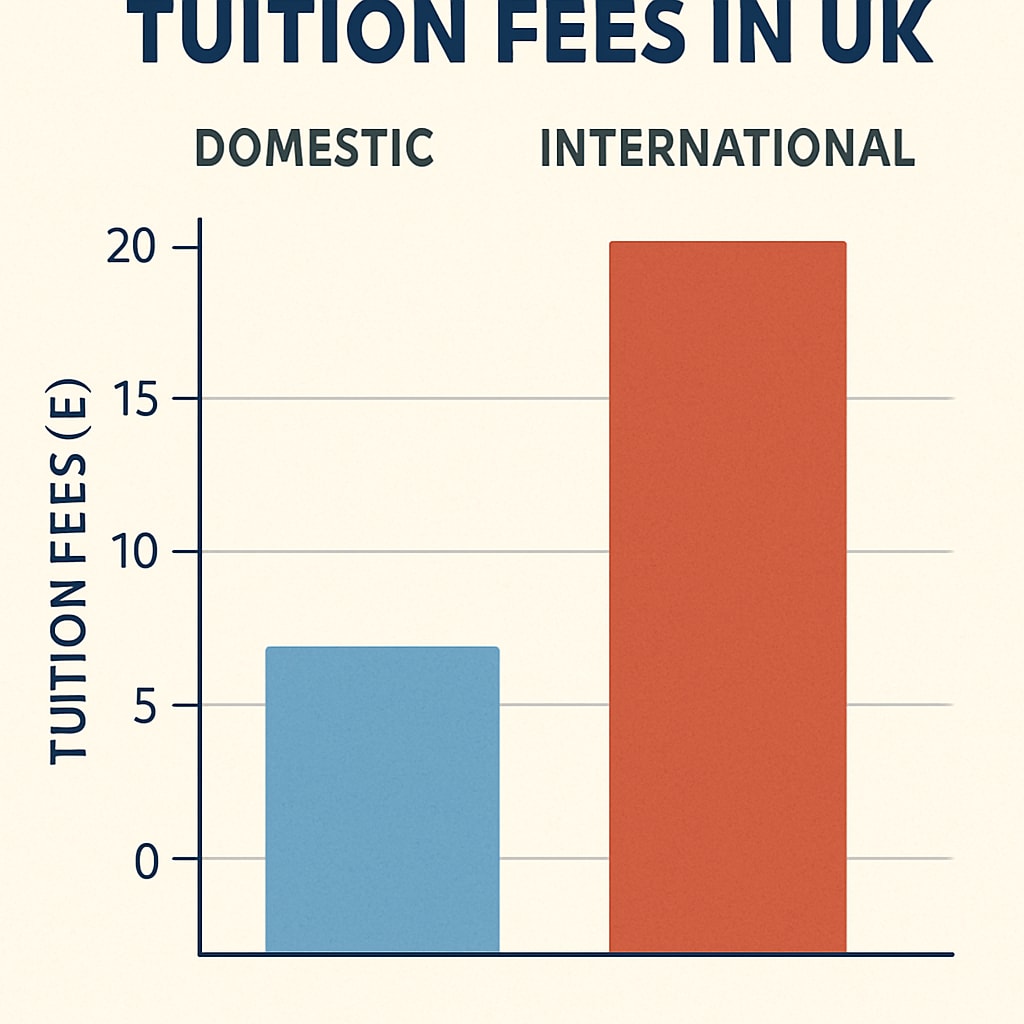For many immigrant students, gaining admission to Oxford University represents the culmination of years of effort and academic excellence. However, the dream often collides with a harsh reality: international student fees. Those who lack settled immigration status are frequently categorized as international students, facing tuition fees that can be more than twice those of domestic or EU students. This financial burden creates a significant barrier, disproportionately affecting immigrant families.
The Case of a Nigerian Student: A Story of Struggle
Consider the case of a Nigerian student admitted to Oxford University. Despite her academic brilliance, she faced a major obstacle: her immigration status meant she was classified as an international student. As a result, her tuition fees soared to nearly £40,000 annually, compared to around £9,250 for domestic students. Her family, already stretched financially, could not meet this expense, forcing her to defer her dreams.

This story is not unique. Many immigrant students, especially from underrepresented backgrounds, encounter similar challenges. Lacking indefinite leave to remain (ILR) or British citizenship, they are treated as international students under university policies. Yet, these students often spend years in the UK’s education system, contribute to their communities, and aspire to give back through their careers.
Understanding the Financial Disparity
International tuition fees at Oxford University reflect a broader trend in higher education worldwide. Universities argue that these fees cover the full cost of education, including research and infrastructure. However, critics argue that such policies fail to account for immigrant students who have grown up in the host country and whose families already pay taxes supporting public services, including education.
According to a Wikipedia entry on international students, the United Kingdom hosts over 500,000 international students annually. While this contributes to the economy, it also highlights the tension between financial sustainability for universities and equitable access for students. For immigrant families without settled status, the cost becomes a nearly insurmountable barrier.

Potential Solutions to Address Inequity
To bridge this gap, several measures could be considered:
- Policy Revisions: Universities could adopt more flexible criteria for fee classification, allowing long-term residents without settled status to qualify for home fees.
- Scholarships and Grants: Expanding financial aid programs specifically for immigrant students can alleviate the burden.
- Government Support: Policymakers should consider providing transitional support for students caught in limbo due to immigration rules.
In addition, advocacy groups and educational charities have been working to highlight this issue. Organizations like the Higher Education Policy Institute emphasize the importance of inclusive policies to ensure that no student is left behind due to financial or legal barriers.
Conclusion: A Call for Fairness
Oxford University, international student fees, and immigration status together create a complex web of challenges for immigrant students. While the financial sustainability of universities is crucial, it is equally important to ensure that talented students who have grown up and contributed to the UK are not excluded from opportunities. Addressing these inequities requires collaboration between universities, governments, and advocacy groups. After all, education should be a bridge to opportunity—not a barrier.
For immigrant students, the ability to pursue education at Oxford or any other top university should not hinge on their immigration paperwork. It is time to rethink policies and create a fairer, more inclusive system.


